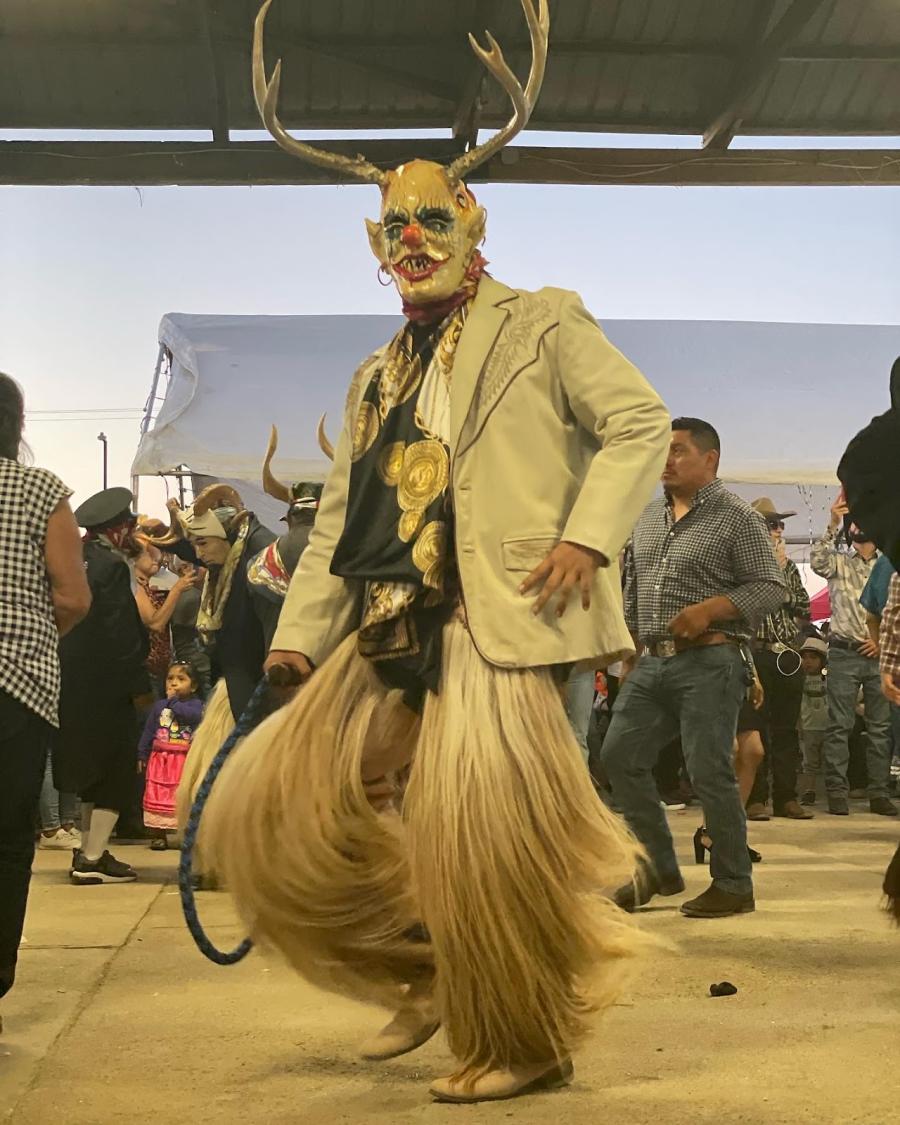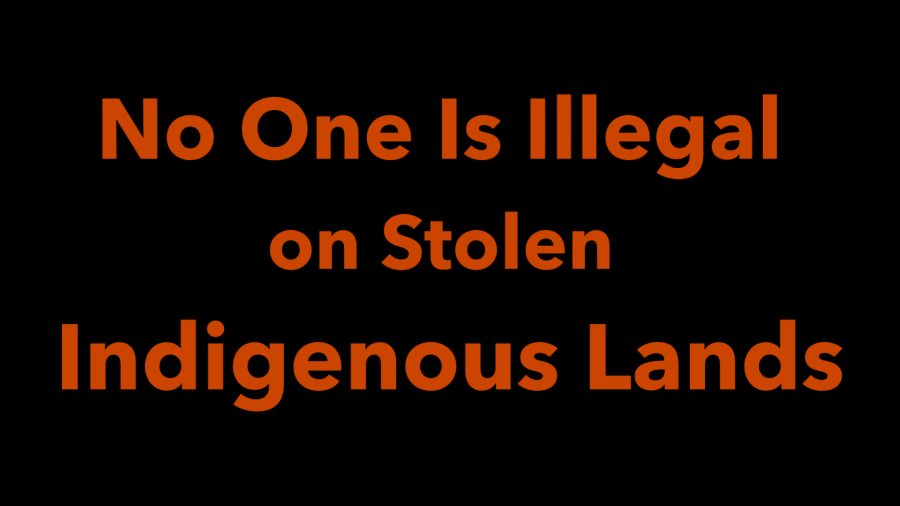Look back over past issues of the Cultural Survival Quarterly and you will read a litany of stories describing the ways Indigenous Peoples’ lands and resources are under assault by governments or corporate interests. The reasons range from negligence to profit to the pursuit of policies that are aimed at benefiting the larger populace but have the effect of causing grave harm to Indigenous Peoples. The process is rarely polite. To the contrary, it seems that no tactic, including murder, assault, bullying, bribery, and utter disregard for Indigenous Peoples as human beings with rights, is out-of-bounds. It often seems as though most governments want their Indigenous Peoples and their rich cultural heritages and traditions to disappear, whether through assimilation or annihilation.
That these attitudes still prevail in the 21st century is cause for alarm, but few are sounding the sirens. Even Cultural Survival, whose mission is to promote the rights, voices, and visions of Indigenous Peoples, has lacked the resources to mount campaigns around all the cases that come to our attention. That’s why we are so delighted to be incorporating Global Response, a nonprofit organization with 19 years’ experience campaigning on behalf of Indigenous Peoples and environmental protection, into Cultural Survival. Adding Global Response as a new program will enable us to quadruple the number of sustained campaigns we launch each year. It also will double our membership and circle of activists prepared to write letters and take other action to help stop Indigenous Peoples’ suffering and damage to the environments in which they live.
This will be the first Cultural Survival program that expressly links Indigenous Peoples’ rights with environmental protection. While we have always been aware of and have often publicized the interrelationship, this will be the first program that initiates advocacy when the harm to Indigenous Peoples also results in harm to the earth. The environmental focus of our new Global Response program will be in addition to our ongoing advocacy efforts to protect other rights or interests of Indigenous Peoples including their rights to their languages and cultures; their rights to freedom of expression and communication; their rights to life, liberty, and physical security; or their right to self-determination. Our Endangered Native American Languages program, our Guatemala Radio program (soon to be expanded to serve Indigenous Peoples throughout Mesoamerica and beyond), our Universal Periodic Review and other United Nations-related programs, and our public education efforts will continue to address a broad range of issues.
The Global Response program brings other exciting benefits to Cultural Survival. Foremost, Paula Palmer, now the executive director of Global Response, will join our staff as the Global Response program director. Paula has a lifetime of experience working with Indigenous Peoples in Central America and the United States. She is the author of five oral histories written in collaboration with Afro-Caribbean and Indigenous Peoples of Costa Rica. She has led Global Response since 1996, during which time she honed the Global Response campaign methodology and cultivated a rich network of Indigenous partners and scientific and legal advisors who will continue to work with her in her new Cultural Survival post. While at Global Response, Paula enjoyed the support of an energetic and engaged board of directors. Two Global Response members—Roy Young, the organization’s founder, and Suzanne Benally (Navajo and Santa Clara Tewa), a specialist on Indigenous Peoples and environmental issues—joined Cultural Survival’s board in September. Most of all, Paula is a serious advocacy professional and a delight to work with. She will be a most welcome addition to the Cultural Survival staff.
But we won’t see her often, because to strengthen Cultural Survival’s base in the western United States, Paula will remain in Boulder, Colorado, where she has worked since she joined Global Response. We look forward to expanding our Cultural Survival bazaars program into Colorado next summer, and using our new Colorado office as a launch pad to reach out to both Indian Country and to the wider American public living in the western half of the country.
Finally, Cultural Survival is honored to welcome the nearly 3,000 members of Global Response. Your letter-writing and other campaign activities will continue to ensure that marginalized people the world over can protect their environments and retain their ways of life. We hope you are as excited as we are about the opportunities this merger makes possible, and that you will continue as active Cultural Survival Global Response supporters for many years to come.



